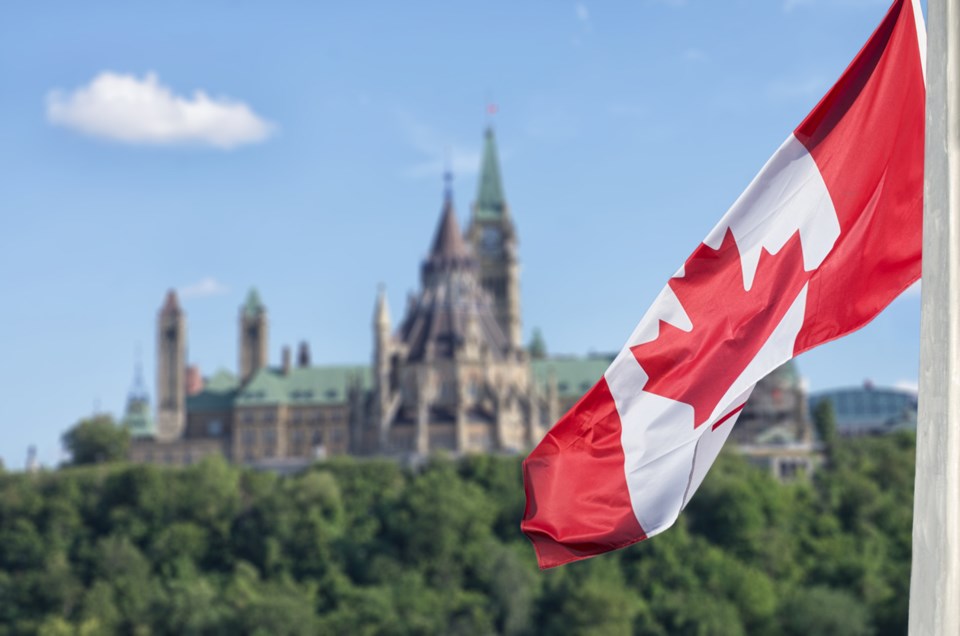Can a more direct form of democracy replace the current political structures we have today?
This question bears asking as media outlets cut employees and government organizations hire them to be communications specialists to help them get their message — spin? — to the public.
Indeed, the BC Liberals are being criticized for using the government's PR machine to promote their party with dozens of press releases, press conferences, TV ads and staged media events in the run-up to the May 9 election.
One can hardly blame governments for wanting to toot their own horn, and some of the communication does serve the taxpaying public, such as when new services are being provided.
But there is a danger that political shenanigans will go undetected when the media is stretched to cover even the basics of what's going on in government while the political PR machine churns out "news" like widgets on an assembly line.
What gets lost in all this is the public's need to know. Governments talk a good line about transparency but don't make it easy, convenient or cheap to do freedom of information requests, for example, and inaccurately labelled "real-time" donation information being provided by the BC Liberals is useless unless someone is prepared to do the research and analysis.
Local cities also have communication departments to provide information to the public and efforts are made via open houses, events and committee meetings to engage with the public.
People can also get involved in city business — not just at voting time — all year round by volunteering for committees.
In Port Moody, the city is going a step further. A Community Advisory Committee of up to 250 people is being established to deal with long-term issues, using technology to capture opinions.
These forms of direct communication with the taxpaying public do some good and make people feel they are being heard.
But is all this communicating really making people more knowledgeable, and government decisons more effective? Who is holding politicians to account if government PR staff outmatch reporters 10 to one?
You can complain to your local mayor via Facebook but is that really the best method for getting government to do something — and should it be?
As media organizations are rendered toothless by layoffs and newspaper shutdowns, we have to wonder who is watching city hall, TransLink, Metro Vancouver, the B.C. legislature and the House of Commons.
The sad truth is: practically no one.



